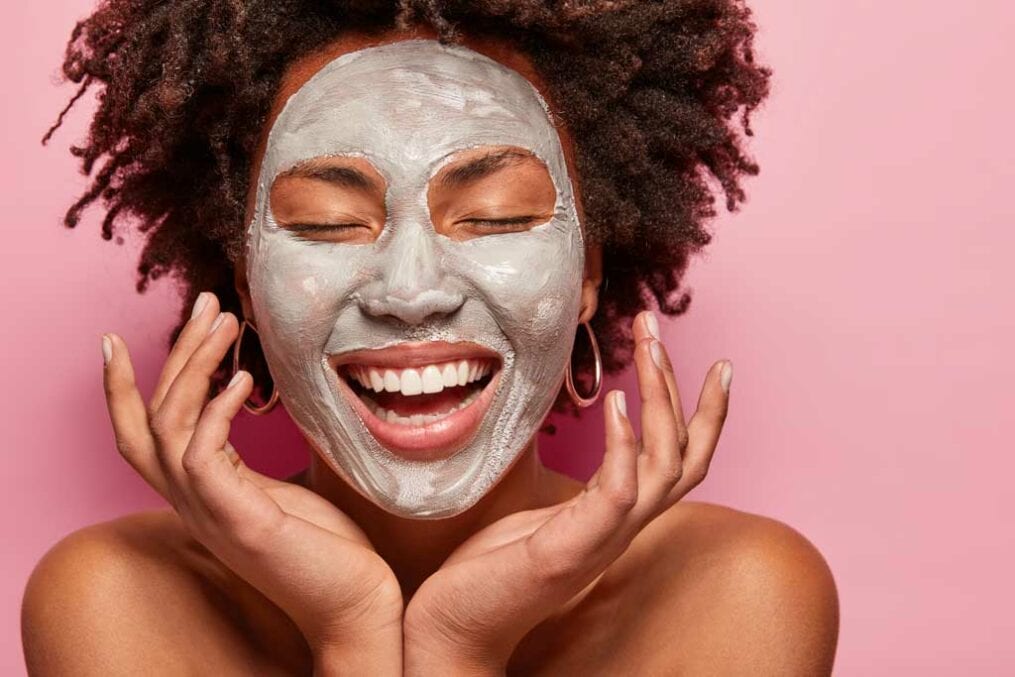Get great skin while you sleep

You’ll be familiar with the golden rule of removing make-up before bed to prevent it clogging pores, but it’s also important to think about what you put back on your skin before sleep. Using a night cream is a step in the right direction, but the past year has seen a host of innovations to improve your night-time skincare routine, from South Korea-inspired hydrating masks to products containing glycolic acid, which gently resurfaces your skin as you sleep.
For those of us always in a rush – who isn’t? – these products are appealing. Before bed, you’ll usually have more time and fewer distractions than in the morning. And, from a dermatological perspective, you’ll be rewarded for leaving certain rituals until the evening, says dermatologist Dr Justine Hextall. ‘Eight hours of sleep is a golden time for healthy skin,’ she says. ‘Between 11pm and 4am, cell production happens at between two and three times the rate it does in the daytime. Using the right skincare products overnight supports this process.’
Repair as you sleep
‘I always think of night time as an opportunity for repair,’ says Dr Hextall. This is all to do with two important hormones, melatonin and human growth hormone (HGH), which your skin produces at night. ‘Melatonin counteracts daytime skin damage from UV and pollution, while HGH accelerates skin repair,’ she says. Our bodies make some HGH in the day, but an estimated 70-75% is released at night, while melatonin is produced almost exclusively during sleep. The right cleanser will limit any harm your skin might have faced during the day. ‘Gently remove oil or pollutants from the skin before they cause any damage,’ she explains. Try a gentle, non-drying cleansing gel and follow it up with a night cream that contains antioxidants like vitamin E and resveratrol to repair skin damage.
Bedtime equals less irritation
‘At night, skin is exposed to fewer irritants like sun and air con, so potentially irritating products will be better tolerated,’ says Dr Hextall. Photo-sensitive ingredients like alpha-hydroxy acids (think skin-resurfacing glycolic acid) and beta-hydroxy acids (think acne-fighting salicylic acid) are best left until nighttime. Shaving should also be left until after dark. ‘After we remove hair, the skin is often more sensitive and prone to irritation. Shave during the evening, when you can avoid putting on tight clothes or deodorants,’ she adds.
Make sure you hydrate
While your skin repairs itself overnight, it also loses moisture as your skin temperature rises. To counter this, you could use a richer night cream, or try a sheet mask to seal in moisture. You should also use ‘humectant’ ingredients, says Dr Hextall, which ‘help trap water in the top layer of the skin’. She recommends using a product which contains hyaluronic acid. The same rules go for the rest of your body, too. ‘If your hands get chapped easily, applying a nourishing cream under cotton gloves overnight heals and hydrates skin.’










